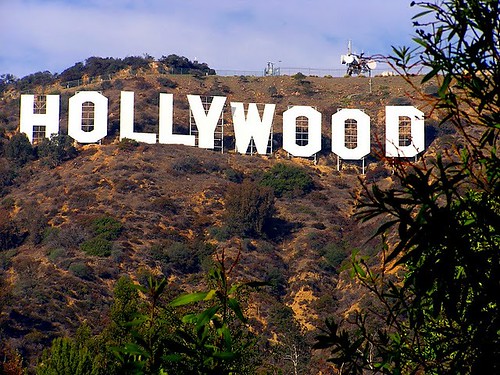Isn’t taste a wonderful thing? It’s truly fascinating how two people can watch the exact same film and walk away with completely different — maybe even totally opposite — ideas about what they just experienced. We’re talking about that amazing concept where one person sees a masterpiece, and the other? Well, let’s just say they might be wondering what all the fuss was about!
Over time, opinions about films often group together and solidify, forming what we affectionately call a ‘canon.’ These are the movies critics rave about, the ones that sweep awards, and the ones the public absolutely adores. But what happens when that collective verdict, the one that declares a film a masterpiece, just feels… a little off base?
Throughout the decades, countless films have received vast amounts of eager praise that feels totally disproportionate to their actual merits. Some get hyped by critics, others by prestigious awards bodies, and many just ride the wave of popular consensus. We’re diving into those blockbusters that didn’t just get showered with commendations they arguably don’t deserve, but also made an *absolute fortune* at the box office. Get ready to have your cinematic perceptions challenged!
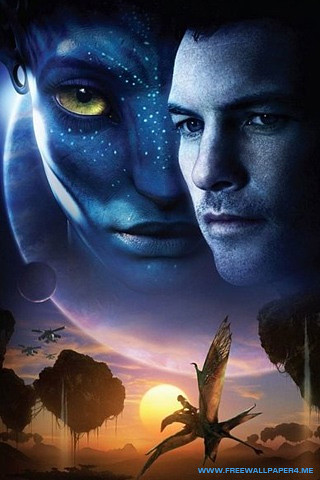
1. **Avatar (2009)**: James Cameron’s “Avatar” was an absolute titan, not just a big film, but the “highest-grossing movie of all time”! It shattered box office records, bringing in an astronomical fortune, and was widely celebrated as a groundbreaking epic. The visual spectacle was unparalleled, with its CGI setting new benchmarks and paving the way for future blockbusters like “Star Wars” and “Avengers,” making it massively important for its technical achievements.
However, despite its monumental financial success and visual prowess, the context describes “Avatar” as “a solid movie at best.” The film’s true impact was in its visuals, but “in terms of storytelling, direction, and screenwriting – not so much” did it break new ground. Was it a masterpiece, or merely a technical marvel wrapped in a familiar narrative?
This brings us to the core of its overrated status: while “Avatar” delivered an unforgettable visual experience and made a fortune, its actual substance often gets lost in the conversation. Many feel its overall reputation far exceeds its fundamental quality, proving it’s a prime example of a movie that achieved unparalleled financial success, but perhaps didn’t quite earn its “masterpiece” badge beyond the dazzling effects.
Read more about: Breaking the Mold: How OG Demon’s Souls Championed Inclusive Character Creation

2. **Inception (2010)**: Christopher Nolan’s mind-bending epic, “Inception,” was a colossal hit, grossing an incredible $870 million at the box office and remaining one of IMDb’s highest-rated films. Nolan is often celebrated, and “Inception” is remembered by its cult following as his finest work, truly making a fortune and captivating audiences worldwide with its intricate premise.
Yet, the context points out Nolan’s struggles with “Dialogue and an over-convoluted plot” in “Inception.” Despite the film’s success and mind-blowing practical effects, the intricate narrative often left audiences asking, “‘Wait, what just happened?'” For a movie lauded as a modern classic and Nolan’s best, this struggle with clarity is quite telling.
While it offered incredible visuals and a unique concept, its complexity sometimes veered into being simply too convoluted. Was its difficulty part of its charm or a narrative flaw overshadowed by spectacle? The criticism suggests it’s “certainly not” Nolan’s finest work, despite phenomenal box office and high IMDb ratings. This blockbuster made a fortune, but its reception as a true masterpiece might be stretching it.
Read more about: From Blockbusters to Auction Blocks: The Most Valuable Cars to Ever Grace Our Screens
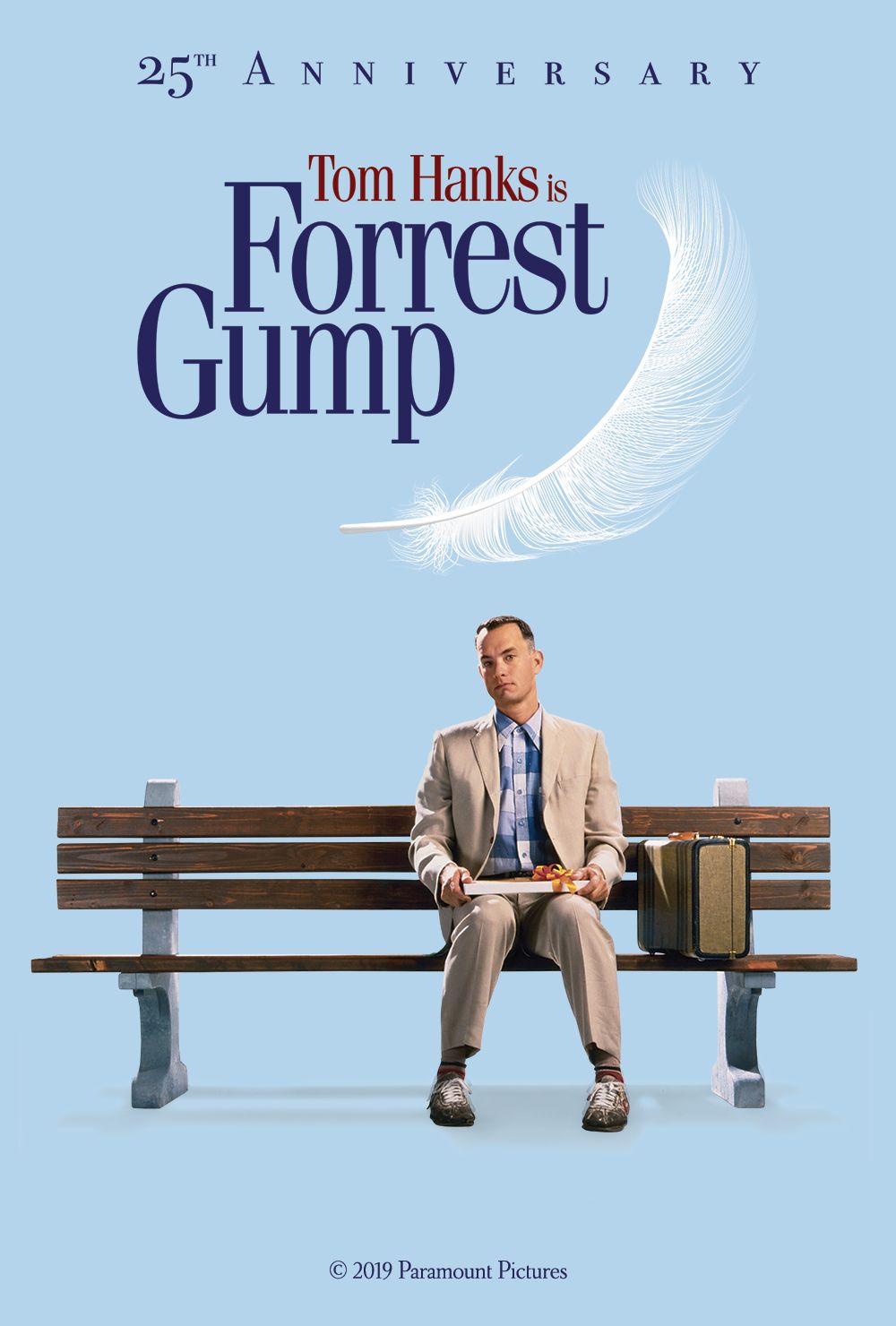
3. **Forrest Gump (1994)**: “Life is like a box of chocolates,” and “Forrest Gump” certainly handed out sweet treats at the box office, grossing a staggering $678 million and becoming a “worldwide sensation.” Starring “America’s most loveable actor (Tom Hanks),” this film was not only the Oscar Best Picture of 1994 but also ranks as the “eleventh-best movie ever” on IMDb. It’s a beloved, family-friendly film for grown-ups that “nobody can hate.”
However, the context argues that the film’s “reputation severely outweighs the actual quality of Forrest Gump.” It encourages viewers to “just ignore all of the impossibilities and inaccuracies of the story,” implying a convenient narrative that bypasses critical examination.
While it tugs at heartstrings and delivers an uplifting message, does its feel-good nature truly elevate it to “best films ever” status? Its massive financial success and accolades cement its blockbuster status, but the very fact that “nobody can hate” it might be precisely why it’s considered overrated. Collective goodwill, it seems, can sometimes obscure a more nuanced assessment of artistic depth.
Read more about: Chameleons of the Silver Screen: Unpacking the Unparalleled Versatility of 14 Iconic Actors Across Genres
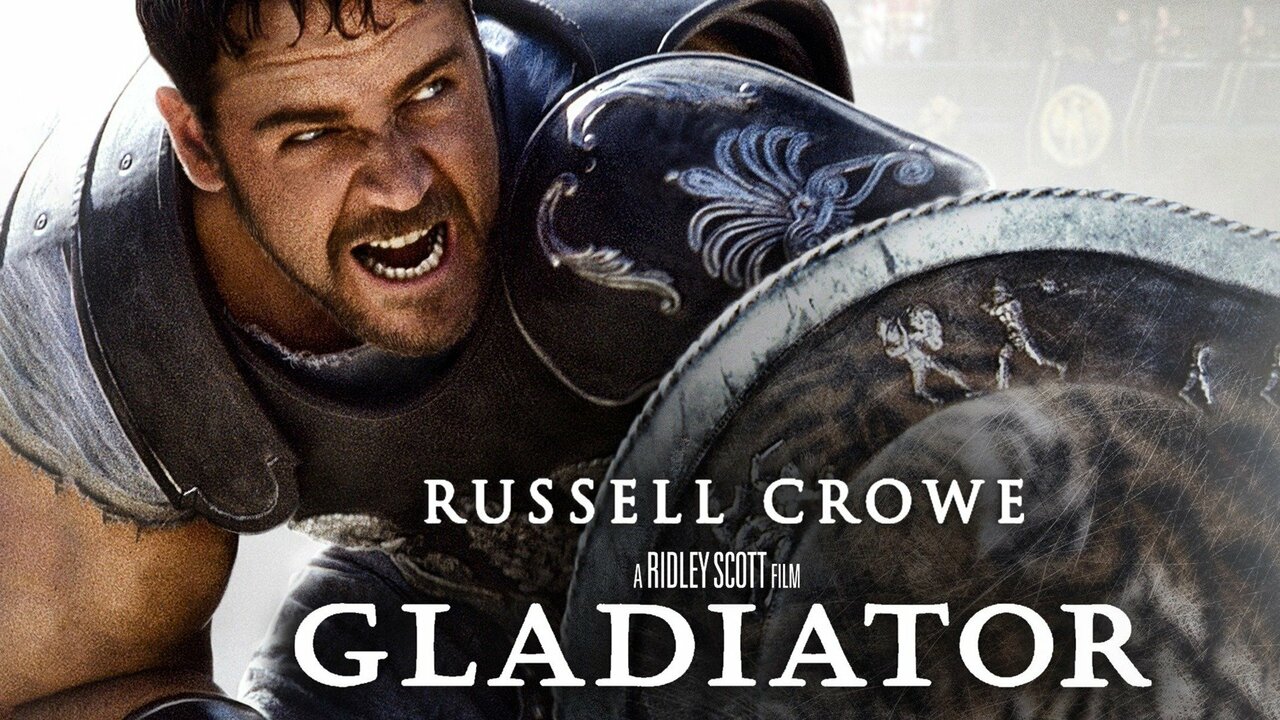
4. **Gladiator (2000)**: Ridley Scott’s “Gladiator” certainly entertained audiences, grossing “over $500 million worldwide” and becoming a massive blockbuster. Defying typical Academy preferences, it earned “twelve Oscars nominations,” winning “Best Picture among four other wins.” Packed with “great action sequences” and featuring “great performances,” it appeared to be a quintessential epic.
Yet, the context argues that it was one of the “greatest tricks in cinema,” convincing everyone it was an “Oscar-worthy historical epic” rather than “a bullish action flick with a big budget and a heavy-handed script.” Legendary critic Roger Ebert remarked, “Gladiator lacks joy. It employs depression as a substitute for personality, and believes that if the characters are bitter and morose enough, we won’t notice how dull they are.” A harsh but pointed critique!
This film, for all its grand spectacle and box office might, is ultimately described as “little more than an entertaining popcorn flick” and a “rehash of a plotline that’s been done countless times.” Its immense fortune and five Academy Awards are questioned, suggesting that its scale and performances might have overshadowed narrative shortcomings and emotional flatness. Was it a profound historical epic, or just a very well-made, albeit overrated, action film?
Read more about: Beyond the Credits: Ranking the 14 Most Satisfying Villain Deaths in Cinema History
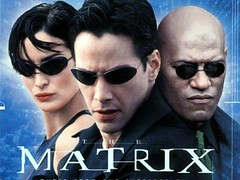
5. **Matrix (1999)**: The Wachowskis’ “Matrix” was a phenomenon, hailed as “groundbreaking, a mind-melting thriller in the Y2K era” that redefined action and sci-fi. Grossing “$467 million at the box office,” it certainly made a fortune and won four Oscars in technical categories. It even remains the “17th highest-rated movie on IMDb” two decades later, a testament to its initial impact.
However, the context presents a bold argument: “two decades later, it hasn’t aged particularly well.” Reasons cited include “the unimpressive sequels, the dated fight scenes and music, or simply living in an era with different values and fears.” This implies its initial luster, once perceived as a “thought-provoking masterpiece,” has faded over time.
While its technical achievements were revolutionary and influential, the argument suggests its philosophical depth and cultural resonance might not hold up as strongly today. Was its brilliance purely a product of its specific moment in history, rather than timeless? The “Matrix” undeniably made a massive fortune, but its enduring status as a “masterpiece” is put under the microscope, questioning if its impact was more about its historical context than lasting quality.
Read more about: Were the Editors Asleep? 12 Jaw-Dropping Film Fails That Sneaked Onto the Big Screen, From Ancient Rome to a Galaxy Far, Far Away!
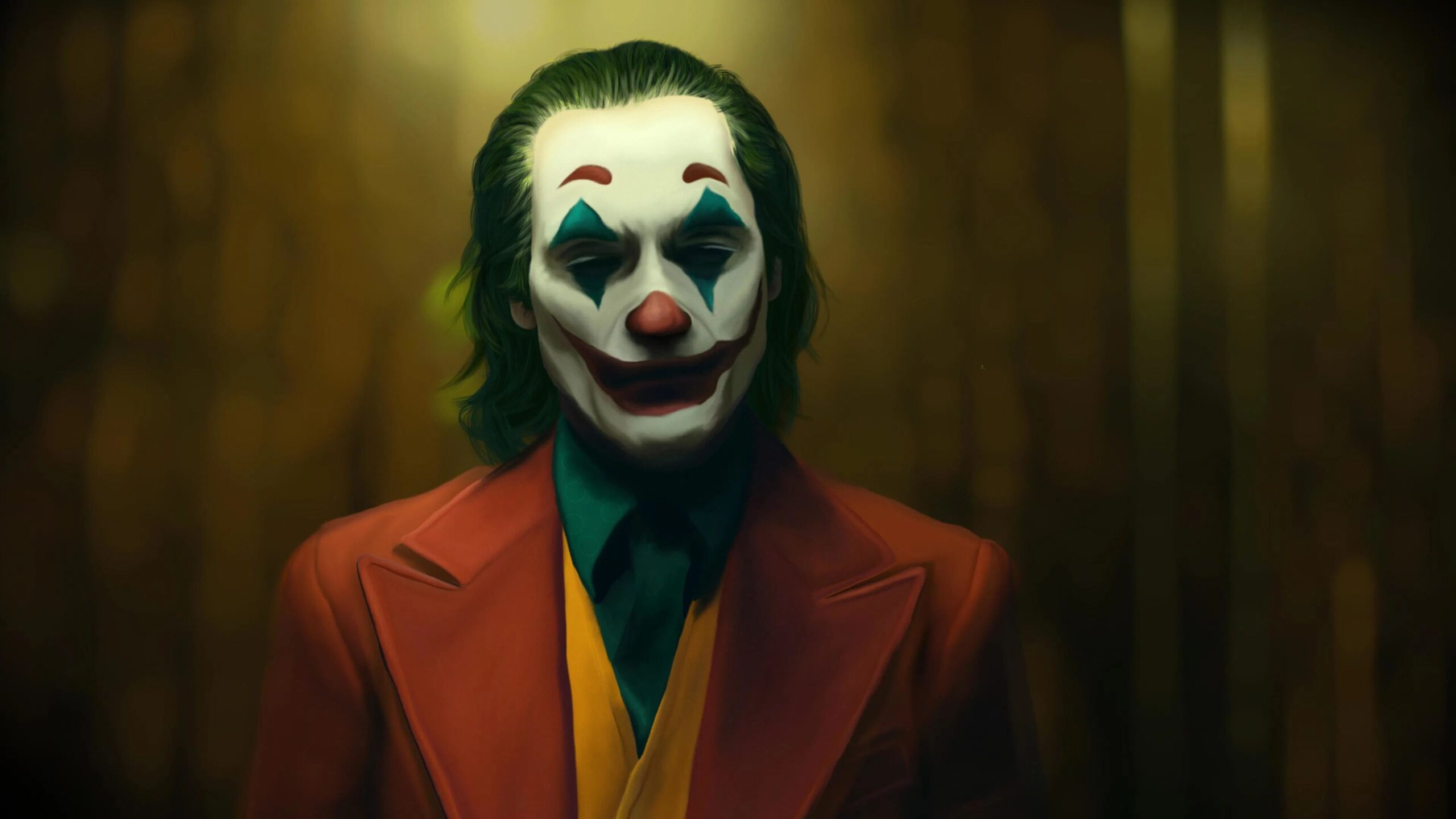
6. **Joker (2019)**: Todd Phillips’ “Joker” was undeniably a sensation, bafflingly acclaimed by many critics and loved by audiences who “paid to see it in their droves.” Joaquin Phoenix even won an Oscar for his performance, and the film certainly made a fortune, becoming a significant commercial powerhouse.
Yet, the context is quite direct, stating, “I don’t understand how this can be construed as a good or enjoyable film.” Phoenix’s Oscar-winning turn is called “an exercise in gaudy over-acting,” and the story is dismissed as “neither interesting nor remotely fun.” This is a stark contrast to its widespread adoration and critical success.
The disconnect between the film’s overwhelming popularity and these sharp criticisms is fascinating. Was its success more about a compelling (if flawed) character study or a cultural moment? Despite its immense box office success and Oscar win, “Joker” is firmly labeled as “bafflingly acclaimed” and overrated. It made a fortune and resonated with many, but for others, its actual artistic merit behind the fanfare remains questionable.
Read more about: Chameleons of the Silver Screen: Unpacking the Unparalleled Versatility of 14 Iconic Actors Across Genres

7. **Everything Everywhere All at Once (2022)**: “Everything Everywhere All at Once” was a recent phenomenon, a “strange hodge-podge of blunt earnestness and daffy internet humour” that achieved “magnitudes of its massive success.” It literally “swept the Oscars in 2023, winning best picture, best director and three acting categories (among others),” becoming a groundbreaking, fortune-making independent blockbuster.
However, the context immediately questions its colossal success, stating there’s “no accounting for the magnitudes of its massive success” in terms of actual quality. It’s described as “a remarkable achievement for a film that lacked the depth or sophistication of most of its rivals,” directly questioning if its immense critical and awards success was truly earned on merit.
This movie was a cultural juggernaut, praised for originality, yet this critique argues its accolades were disproportionate. Did its unique style mask a lack of underlying depth, or was its appeal simply too niche for universal “masterpiece” status? “Everything Everywhere All at Once” made a fortune and created massive buzz, but its “overrated” label highlights the debate about whether its blend of humor, action, and emotion truly warranted such a clean sweep of the highest honors.
Alright, so we’ve already taken a deep dive into some truly massive blockbusters that made a fortune and somehow ended up with a reputation that far outstrips their actual quality. From visually stunning epics to Oscar-sweeping dramas, we’ve seen how hype can sometimes build a film up to legendary status, even if the critics or a discerning audience might be left scratching their heads. But trust us, the party challenging cinematic perceptions is far from over!
Now, get ready as we peel back the layers on eight *more* incredibly successful movies that became cultural sensations, questioning their lasting legacy and whether they truly earned their spot in the pantheon of ‘greats.’ These films aren’t necessarily ‘bad’ – many are enjoyable, even! – but their level of acclaim and fortune often makes you wonder if everyone just agreed to love them. Let’s keep the conversation going and see if your favorites are on our list!
Read more about: The Unforgettable Moments: 11 Stars Who Exploded the Internet with a Single Photo, and the Wild Rides That Followed!

8. **Crash (2004)**Remember the buzz around the 2005 Oscars? Film buffs everywhere were absolutely stunned when Paul Haggis’s “Crash” snagged the Best Picture award, especially considering it beat out a critically lauded film like “Brokeback Mountain.” Looking back, it feels like the Academy might have played it safe, opting for a film that tackled societal issues in a way that was perhaps less challenging to the mainstream. It definitely made a fortune, garnering significant box office attention and awards glory.
While “Crash” could be described as edge-of-your-seat gripping at times, critics often pointed out its clumsy execution and how it frequently backtracked on characterizations. It aimed for profundity but often landed squarely in the realm of the preachy. The ambition was there, but the execution sometimes felt less like a nuanced exploration and more like a series of dramatic coincidences designed for shock value.
As the Boston Globe so eloquently put it, “‘Its characters come straight from the assembly line of screenwriting archetypes.'” This isn’t exactly the kind of praise you expect for a Best Picture winner, right? Sometimes, being ‘safe’ in its storytelling approach meant it became ‘boring’ for many, despite its powerful themes and ensemble cast. It certainly made a fortune, but did it truly earn its Best Picture crown? We’re still debating that one!
Read more about: 13 Celebs Who Broke the Internet With a Single Photo: From Viral Hits to Unforgettable Dramas

9. **Mad Max: Fury Road (2015)**When “Mad Max: Fury Road” blasted onto screens, it was like a shot of pure adrenaline, immediately hailed as a welcome and utterly spectacular addition to an iconic franchise. This action-thriller was anything but predictable, showering audiences with breathtaking practical effects and relentless, high-octane sequences. It racked up a stunning six Oscars and even scored a coveted Best Picture nomination, cementing its status as a blockbuster phenomenon that made a considerable fortune.
Yet, despite its undeniable brilliance as an action film, some argue that its Best Picture nomination elevated it to a stratosphere it perhaps didn’t quite belong in. Sure, it was a fantastic ride, a masterpiece of kinetic filmmaking, but was it a ‘masterpiece’ in the broader, more traditional sense? The context points out that the 2015 film landscape was “exceptionally weak,” with “unremarkable Spotlight coming out as Best Picture.” Ouch!
This suggests that “Fury Road” might have benefited from a less competitive year, where its groundbreaking action stood out even more prominently. It was undoubtedly one of the better action movies of its era, visually stunning and expertly choreographed, but calling it ‘perfect’ or a true Best Picture contender might be a stretch for some. It made a fortune and won a heap of awards, but maybe its ‘overrated’ status comes from being praised beyond its core genre strengths.
Read more about: Beyond the Screen: 13 Visually Stunning Films Every Artistic Movie Lover Needs to See Right Now

10. **2001: A Space Odyssey (1968)**Stanley Kubrick’s “2001: A Space Odyssey” is not just a film; it’s a legend. This epic is an absolutely historically important movie, practically guaranteed to live on forever in Film Studies courses around the globe. It was a massive commercial success, too, becoming the “second-highest-grossing film of the year,” proving it made an undeniable fortune at the box office. Its visual effects were groundbreaking, paving the way for sci-fi blockbusters from “Star Wars” to “Avatar” and even “Avengers.”
However, despite its monumental importance and innovative visuals, its status as a consistently rewatchable classic is often questioned. While its technical achievements are beyond reproach, the film’s pacing and enigmatic narrative can be a significant hurdle for casual viewers. It’s a film that demands patience and multiple viewings to truly grasp its philosophical underpinnings.
The context states, “But purely from a rewatchability standpoint? It doesn’t hold up.” This is where the ‘overrated’ argument really hits home. While undeniably influential and a trailblazer in visual storytelling, its cinematic “fortune” is more about its historical impact than its universal accessibility or consistent entertainment value for a modern audience. It’s a cinematic milestone, for sure, but maybe not a go-to for a casual movie night.
Read more about: From Campy Claptrap to Cinematic Crimes: The 10 Sci-Fi Movies So Bad, They’re Almost Unwatchable
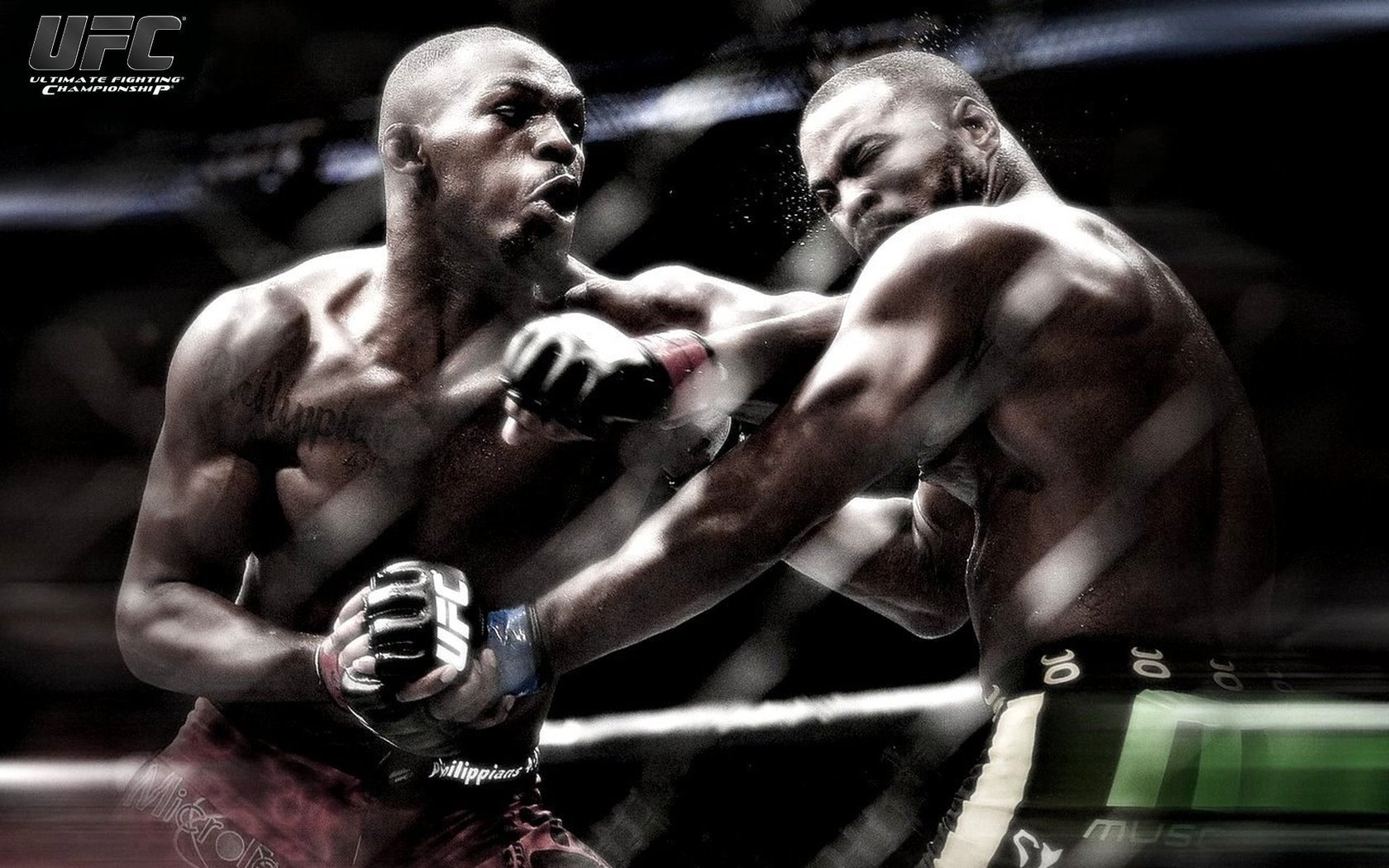
11. **Fight Club (1999)**David Fincher’s “Fight Club” was a provocative, anti-establishment psychodrama that became an instant cult classic upon its release in 1999. It captured the zeitgeist, speaking to a Gen-X audience grappling with identity and masculinity in a hyper-consumerist world. While it might have “struggled at the box office, barely passing $101 million,” this still puts it into blockbuster territory, meaning it generated a fortune for its time and quickly gained a massive following, earning a stellar 13th highest rating on IMDb.
Yet, many argue that “Fight Club,” for all its grubby excess and initial impact, was “always punching slightly above its weight.” The messaging, for some, felt a “little smug and obvious,” and the story was perhaps “too dark and jaded for its own good.” Fincher himself went on to make more mature and nuanced films later in his career, making “Fight Club” feel like a stepping stone in his evolution, rather than his definitive masterpiece.
Much like its contemporary “Matrix,” the context highlights that “Fight Club’s audience rating remains stellar… while not aging all that well.” The groundbreaking nature of its storytelling for its era, depicting the struggle of a man’s identity, was undeniable. However, 24 years later, its luster might be “just a bit lost” as society’s values and fears have evolved. It made a fortune in impact and cultural currency, but its long-term artistic merit remains a point of spirited debate.
Read more about: The Ultimate List: 9 Movies with Cinematic Endings That Will Leave You Speechless
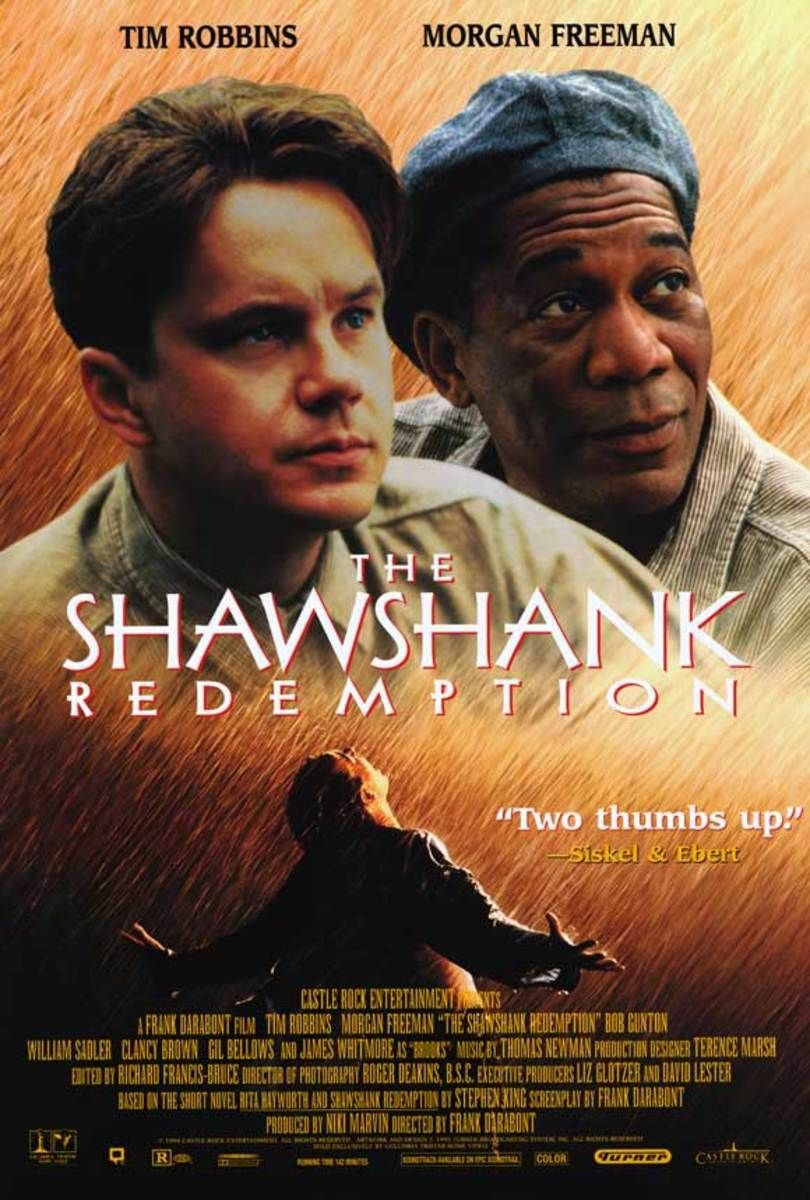
12. **The Shawshank Redemption (1994)**Here’s one that often sits atop “best films ever” lists, particularly as the “highest-rated film on IMDb”: “The Shawshank Redemption.” This Stephen King adaptation is undeniably a perfectly good film, boasting strong, moving performances from Tim Robbins and Morgan Freeman and a story that resonates deeply with themes of hope and perseverance. It’s a feel-good story of redemption and vindication that fans absolutely adore, ensuring its place as a cultural fortune.
However, the question posed by critics is a bold one: “But is it really the best film ever made? Of course not.” This is precisely why it lands on our ‘overrated’ list. While it wasn’t a massive box office hit upon its initial release, “narrowly surpassing its $25 million budget,” its enduring popularity and top spot on IMDb have given it a profound cultural fortune and cemented its “masterpiece” label in the public consciousness.
The critique points out that the film is “a touch long, the pacing is off at points, and narration often puts a hard ceiling on how great a movie can be.” It’s become overrated not because it’s a bad movie, but because its unassailable popularity has inflated its artistic standing. The context brilliantly sums it up: “Nobody hates this movie. It might not be the best movie ever, but everyone agrees it’s very good, allowing it to maintain its high ratings.” And sometimes, universal agreeability isn’t the same as groundbreaking genius.
Read more about: The Ultimate List: 9 Movies with Cinematic Endings That Will Leave You Speechless
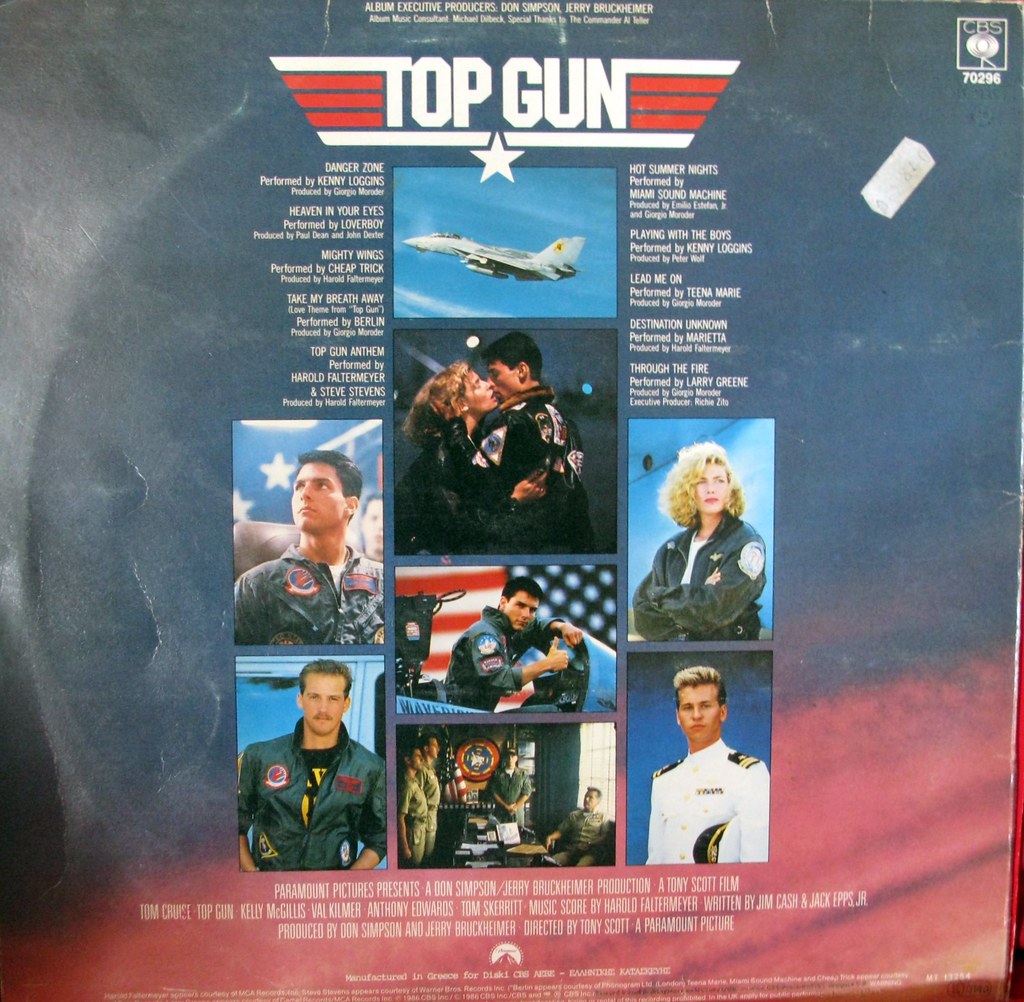
13. **Top Gun (1986)**Strap in, because “Top Gun” is up next! This iconic Tony Scott film, inspired by a picture of two cool guys in leather jackets standing in front of a massive jet, became an absolute sensation. It was “hailed as a pillar of Eighties action cinema” and, while the context doesn’t give specific box office numbers, its immense cultural impact and enduring legacy as a pop culture touchstone clearly made it a massive fortune-generating blockbuster. Who didn’t want aviator sunglasses after watching this?
The film, however, didn’t exactly venture deep into complex storytelling. As the screenwriter Chip Proser noted, the film’s core inspiration was simply a cool image, and frankly, the movie doesn’t go much deeper than that visual punch. It was a stylish, high-octane ride, full of memorable moments and a killer soundtrack, but beneath the surface, the narrative could be seen as somewhat thin.
For all its thrilling aerial sequences and charismatic performances, “Top Gun” was, “in effect, little more than a two-hour advertisement for aviator sunglasses and sheepskin jackets.” While entertaining and a defining piece of its decade, its reputation as a profound piece of cinema might be overstated. Its long-awaited sequel, “Top Gun: Maverick,” even earned the praise of being “a step up in practically every regard,” highlighting the original’s limitations. It made a fortune in cultural impact, but its depth? Not so much.
Read more about: Val Kilmer’s Enduring Legacy: A Deep Dive into His 12 Most Iconic Film Roles
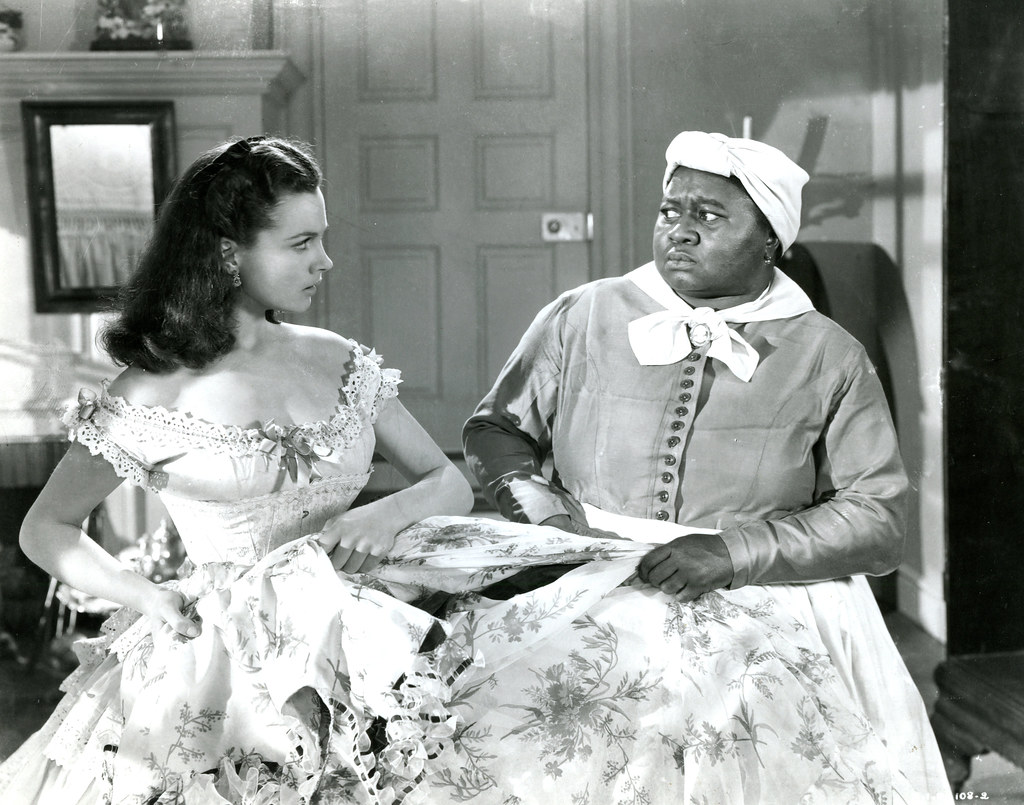
14. **Gone with the Wind (1939)**Ah, “Gone with the Wind.” A film so grand, so epic, it has “long been cited among the best movies ever made.” With its lavish set pieces and a mammoth three-hour runtime, it was undoubtedly a colossal blockbuster that made a spectacular fortune, capturing the hearts of millions across generations. It’s a movie that evokes a bygone era, and for many, it remains a cinematic touchstone, frequently topping ‘greatest films’ lists.
However, time, and indeed the wind, has not been entirely kind to its legacy. While certain parts of the film still “sing,” much of it is now perceived as “either dry and tedious, or else terribly problematic.” The romanticized depiction of the Old South and its troubling racial politics have come under intense scrutiny, making it a film that can be difficult to watch without a critical lens.
The context even mentions that it’s now “shown with a disclaimer beforehand warning of its outdated cultural values.” This shift in perspective fundamentally challenges its uncritical ‘masterpiece’ status. While its historical significance and financial success are undeniable, its enduring artistic merit is increasingly overshadowed by its problematic elements. Perhaps, as the article suggests, “it’s time this film, too, was best left for the wind.”
Read more about: Timeless Allure: Discovering 15 Most Beautiful Actresses From Hollywood’s Golden Age and Beyond
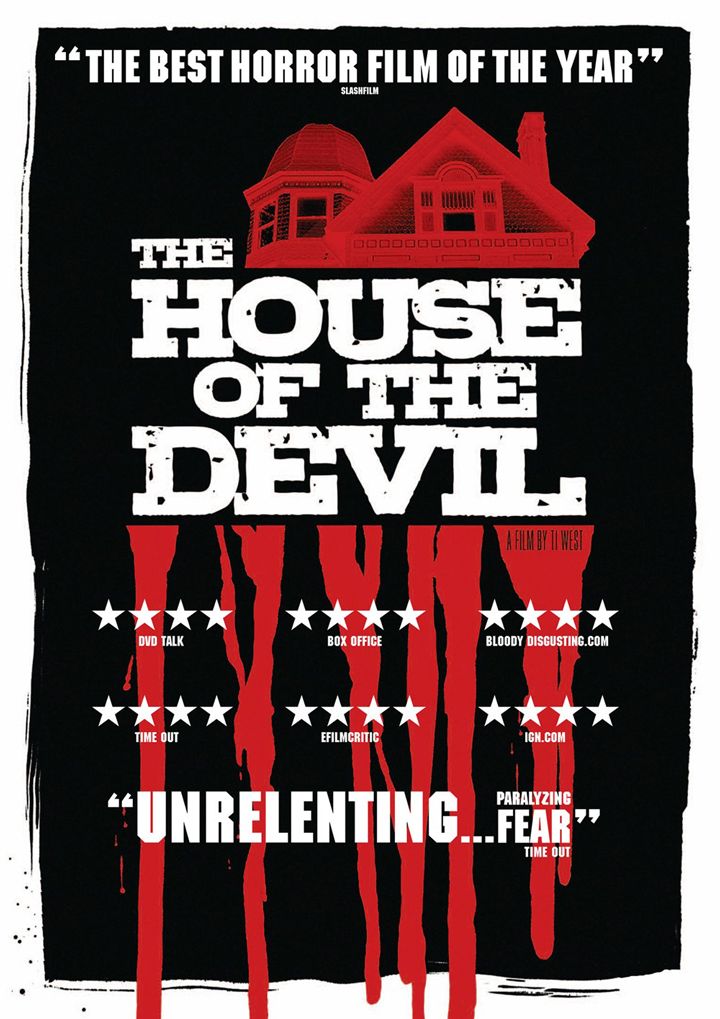
15. **Up (2009)**Pixar has a magical way of tugging at our heartstrings, and “Up” is a prime example of their genius, especially its opening sequence. Everyone absolutely adores this heart-wrenching animation, about an elderly man who tragically loses his wife and embarks on a balloon-powered adventure. That first 20 minutes? Pure, unadulterated cinematic perfection, a miniature masterpiece that brings tears to even the most jaded eyes and helped the film make an incredible fortune at the box office.
But here’s the rub, and why it lands on our list: “Well, everyone loves the first 20 minutes. The fact is, the rest of this much-hyped animated film fails to live up to its pitch-perfect opening.” While the adventure that follows is charming and visually inventive, it often struggles to recapture the profound emotional resonance of its beginning. It becomes a good, solid Pixar film, but one that falls short of its own incredible start.
The critique suggests it “pales in comparison to the Disney studio’s better fare.” It’s a fantastic, family-friendly blockbuster, but the rest of the journey, while fun, doesn’t quite scale the emotional heights promised by its masterful introduction. It’s like reaching for the stars and only quite making it to the clouds. So, while “Up” is undeniably beloved and a huge commercial success, its reputation for being a complete, top-to-bottom masterpiece might be a little overblown. It’s a testament to how powerful an opening can be, but also a reminder that sometimes, the rest of the story struggles to keep up.
Read more about: Seriously, Watch These: 13 Underappreciated Movies That Were Actually Great
And there you have it, folks! We’ve journeyed through 15 massive blockbusters, from groundbreaking sci-fi epics to tear-jerking animations and Oscar darlings. Each one made a fortune and earned a spot in cinematic history, but we’ve dared to ask: were they truly the masterpieces they were hailed to be? It’s all about looking beyond the hype and remembering that taste, indeed, is a wonderful thing. The conversation continues, and we want to know what you think: which of these films do you believe is truly overrated, and which ones do you still champion as deserving of their legendary status? Because at the end of the day, challenging perceptions is what keeps cinema exciting, keeps us talking, and keeps us sharing our love (and sometimes our well-meaning critiques!) for the movies that shape our world.



